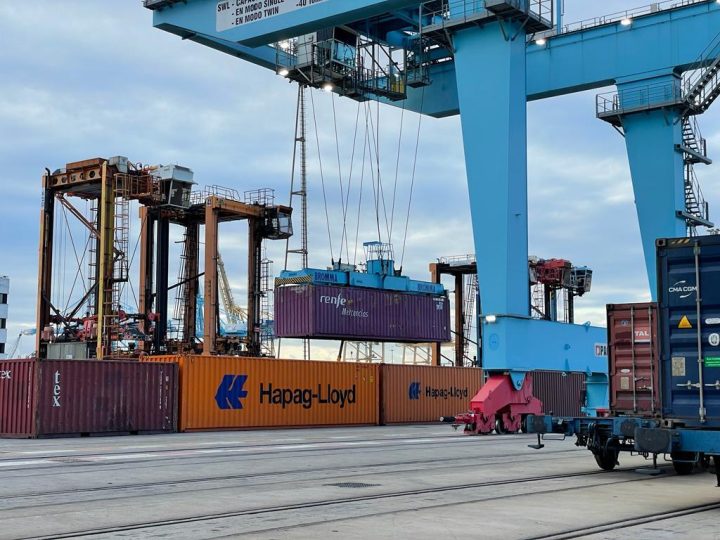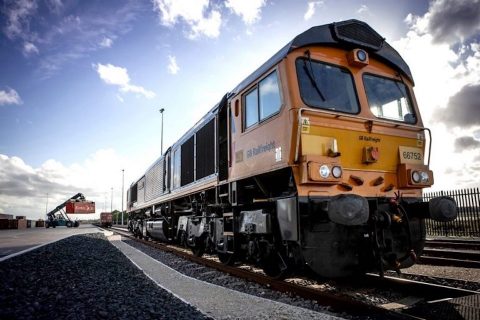Ukrainian grain reaches Spain by rail, but route is harsh and rocky

Spain is testing new opportunities, including rail, to secure its food supply chains. In that context, the Spanish Ministry of Transportation organised a pilot rail shipment for Ukrainian grain. The first train that travelled all the way from the Ukrainian border to the Can-Tunis rail terminal in Barcelona carried 600 tonnes of grain in twenty-five 40-foot containers. Despite its success, it raised some major concerns.
Do you want to read the full article?
Thank you for visiting RailFreight.com. Become a member of RailFreight Premium and get full access to all our premium content.
Are you already a member?
Having problems logging in? Call +31(0)10 280 1000 or send an email to customerdesk@promedia.nl.




